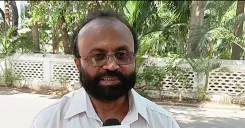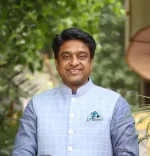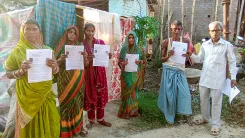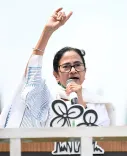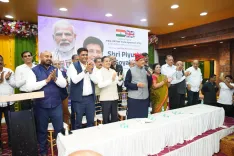What Issues Were Discussed by Delhi and Haryana CMs Regarding Raw Water Supply?
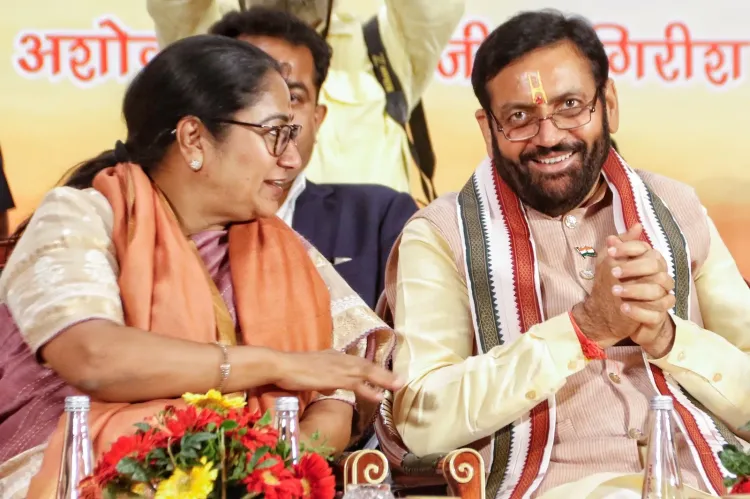
Synopsis
Key Takeaways
- Stable raw Yamuna water supply is essential for Delhi and Haryana.
- The meeting addressed river pollution prevention strategies.
- Establishment of real-time water quality monitoring stations is underway.
- Collaboration between states is vital for effective water management.
- A comprehensive 20-year vision for water supply and sewage systems is being planned.
New Delhi, May 22 (NationPress) The focus on ensuring a reliable supply of raw Yamuna water and initiatives to combat river pollution were at the forefront as Delhi's Chief Minister Rekha Gupta met with her Haryana counterpart Nayab Singh Saini at the Delhi Secretariat on Thursday, according to an official source.
Accompanied by Cabinet Ministers Ashish Sood and Manjinder Singh Sirsa, CM Gupta also addressed the critical issue of ensuring consistent flow of raw Yamuna water for uninterrupted treatment and supply in Delhi.
Subsequently, Saini informed reporters that the disruption of raw water supply to both Haryana and Delhi had been threatened by the Aam Aadmi Party (AAP) government in Punjab.
“The public is observing their actions,” Saini remarked, criticizing the AAP government for engaging in politics over water during the summer months.
This meeting coincided with a review by Union Home Minister Amit Shah on the installation of 32 real-time water quality monitoring stations.
During his high-level meeting, HM Shah commanded a comprehensive strategy to clean the Yamuna, guarantee drinking water supply, and enhance sewage systems within Delhi.
An official source indicated that 10 monitoring stations will be established on the Yamuna, while the remaining 22 will oversee water quality in major drains flowing into the river.
Monitoring station locations along the river will include Okhla Barrage, ITO Bridge, Palla, ISBT Bridge, and Nizamuddin Bridge.
The meeting led by HM Shah was attended by Union Housing and Urban Affairs Minister Manohar Lal, Union Jal Shakti Minister C.R. Patil, Delhi Chief Minister Rekha Gupta, Union Home Secretary, Secretaries from the Ministries of Housing and Urban Affairs and Jal Shakti, Delhi’s Chief Secretary, and numerous senior officials from both the Central and Delhi Governments.
HM Shah stated that the Ministry of Jal Shakti must develop a Standard Operating Procedure (SOP) for all Sewage Treatment Plants (STPs) to establish standards for quality, maintenance, and discharge.
He urged that this SOP be disseminated to other states.
HM Shah emphasizes the necessity for plans regarding the Yamuna, drinking water, and drainage in Delhi to be developed with a 20-year vision.
He underscored the essential role of the Delhi Jal Board in cleaning the Yamuna and insisted on its fortification, directing the immediate filling of vacant posts within the Board.
The Home Minister highlighted the need to improve Delhi’s water distribution efficiency, asserting that effective water management is crucial to ensure a reliable drinking water supply throughout the city.
He pointed out that for efficient water supply in Delhi, the Jal Board should enhance the distribution structure and mitigate leakage in pipelines.
HM Shah also emphasized the adoption of advanced technology for desilting drains.

